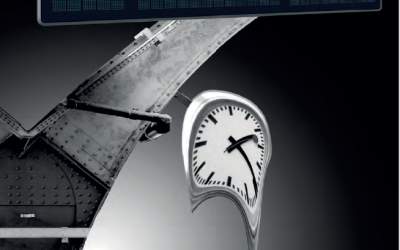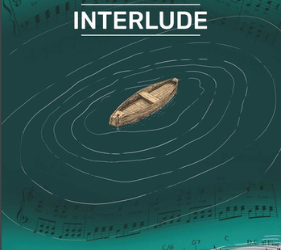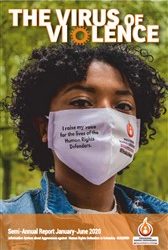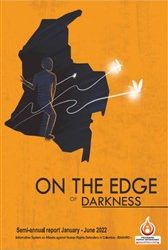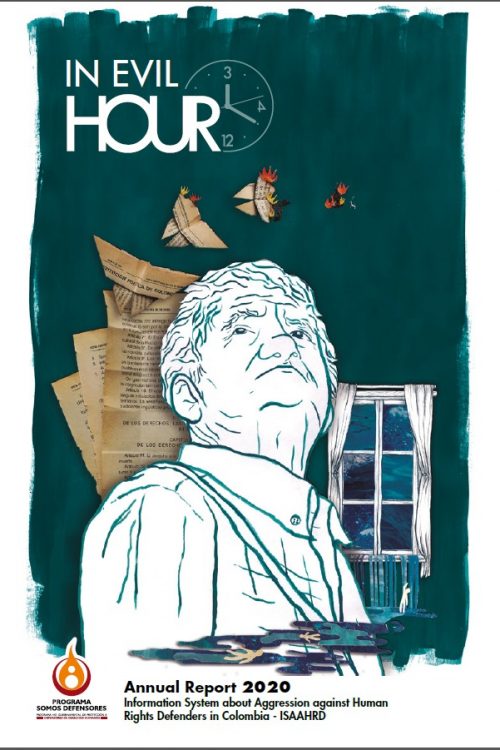
2020 will go down in history as the year that changed our daily lives, the way we relate to each other on a global scale and plunged us into a tunnel of lonely uncertainty from which we have yet to emerge. Everything happened in a surprising and unexpected way due to the COVID19 virus that spread to every corner of the planet and was declared a global pandemic.
Colombia was embraced by this new and disconcerting reality under conditions of inequity, social injustice and democratic weakness, thus pushing millions of citizens into poverty and misery. Before the pandemic was declared in March, and the subsequent isolation and quarantine, the year had begun with a bad omen, as violence against human rights defenders did not let up. Just at the beginning of 2020, in just 5 days (between January 7 and 11), 7 human rights defenders were murdered, three of them women. Although aggressions against social leaders are no longer surprising given the increasing trend in recent years since 2017, the high rates of aggression are contrary to the 7 % decrease in homicides overall compared to 2019, according to the preliminary report of forensic medicine. Unfortunately, homicides against defenders increased by 60.4 % compared to 2019, with the aggravating factor that the victimization of women grew significantly. That is, despite last year’s quarantine, it did not help those who defend human rights to take refuge in their homes, because the lethality of violence found them there.
However, Colombia not only faced the SARSCoV2 virus and violence in 2020. Its democratic health, which has never been in optimal condition, suffered a serious deterioration due to the authoritarian attitude of the national government, leading the country to a moment that we can call In Evil Hour, in correspondence with the similarities that we live with the narration of the literary work of Gabriel García Márquez.
As in the novel In Evil Hour, Colombia, instead of moving towards an postconflict, is going through a delicate context, with serious deterioration of human rights, attacks on the independence of justice by the national government, cooptation of the State’s control and investigation bodies by the governing party and total noncompliance with the Final Peace Agreement.
This evil hour of democracy leaves us with the winter of violence against social leaders that characterized 2020 and that for the We Are Defenders Programme constitutes the highest record of aggressions since the existence of the Information System on Aggressions against Human Rights Defenders SIADDHH. A trail of unprecedented murders, a serenade of lead (i.e. bullets) despite the restrictions on the curfew, very similar to what the imaginary town in the novel In Evil Hour experienced, with the difference that we are not talking about fiction but facing reality.
This report, In Evil Hour, is composed of three synergistic chapters in order to continue to draw the attention of the international community, to contribute to raising the awareness of Colombian society about this neverending human tragedy and, above all, to demand that the National Government and the Colombian State fulfill their obligations and stop this critical situation. The first chapter, The Mirage of Democracy, which contains a general framework on the meaning of democracy in Colombia as intended by the constituents of 1991 with the Social State of Law, the main attacks against it in these 30 years of existence and the validity of the Human Rights approach contained in the Constitution, despite the accelerated deterioration of democracy and how this favors criminality against human rights defenders.
The second section, entitled The Winter of Violence, presents an analysis of the context of the year 2020 with the main elements that show the deterioration of democracy, i.e., In Evil Hour that the country is going through in many ways, when in fact it should be going through a period of postconflict with the former FARCEP, where the implementation of the Peace Agreement would be at the center of public policy. Ending, perhaps, a process with the ELN and resolving the submission to justice of other illegal armed groups. In this way, the different aspects on which In Evil Hour has fallen: fundamental rights, justice, autonomy of the public powers and peace, are raised here.
The third chapter, composed of the usual analysis of the data and figures on aggressions against human rights defenders registered in 2020 by the SIADDHH, shows in detail the characterization of the phenomenon, its behavior in the territories, the increase in violence against social leaders, the presumed responsibilities, the most affected sectors, among others. This reading of the violence poses an increasingly complex scenario for defending human rights in Colombia, with a number of aggressions that is positioned as the highest in the last 11 years and which shows that the risk is real and continues to increase.
Finally, the report presents some conclusions and recommendations addressed to the National Government and the Colombian State, urgently inviting them to put an end to such a painful reality.
It is also important to mention the difficult conditions in which the monitoring of the situation of violence against human rights defenders was carried out, due to the social isolation and quarantine measures that prevented onsite verifications, hindered direct communication with the victims and social organizations, and which online communication does not contribute to solve, given the sensitivity of the information and natural distrust, caused by the situations of insecurity in the territories.
As always, our heartfelt thanks to each and every one of the social and human rights organizations, as well as to the people who contributed to the construction of this report, without their generosity and support it would not have been possible, especially the Early Warning System SAT of the Ombudsman’s Office, the Office in Colombia of the United Nations High Commissioner for Human Rights, CINEP, Coordinación-Colombia-Europe United States, Association of Indigenous Chapters of Northern Cauca, Territories for a Dignified Life, Civic Committee for Human Rights of Meta, Cordobexia Social Foundation, Indigenous Organization of Antioquia, Human Rights Workers Space, Sumapaz Foundation, OBSURDH, Colombia Diversa, CREDHOS, Permanent Committee for the Defense of Human Rights and Development and Peace Foundation – FUNDEPAZ –.
Our special thanks to the Royal Norwegian Embassy for their constant support to this periodic effort of information. Also, to the international cooperation agencies that make possible the daily work of the We Are Defenders Program in favor of guarantees for human rights defenders in Colombia: Diakonia Sweden, Misereor, Bread for the World Germany and Amnesty International.


